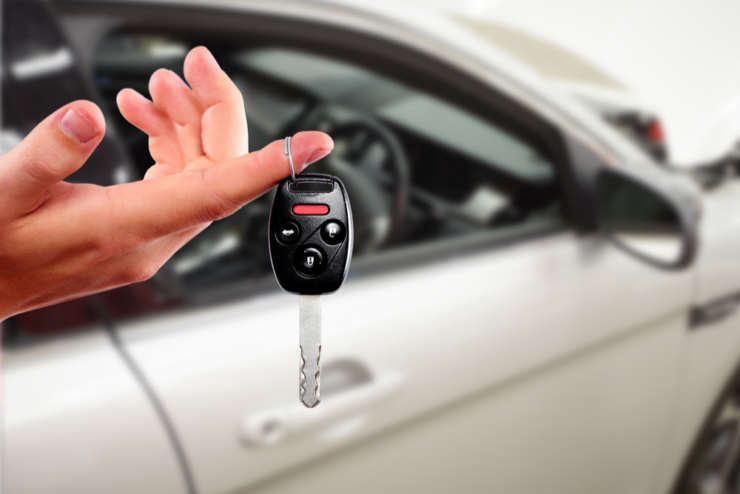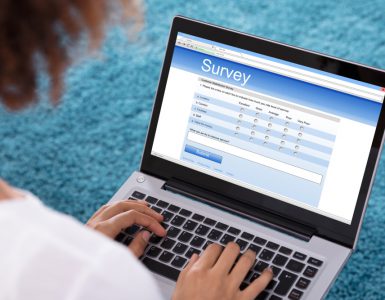Is it better to buy a used car or a new car? That’s a common question amongst those in the market for a vehicle. And while a new car may appeal more to our senses with its unique scent and shiny paint job, here’s the truth: New cars are a lot more expensive.
How expensive are new cars? According to Kelley Blue Book, quite expensive, as the average new car came in at $39,000 last year. As if that high price wasn’t bad enough, new cars present another problem: Depreciation.
In just its first year, a new car can lose 20 percent of its value. So why not let the original owner swallow that depreciation and buy used instead?
There’s no shame in buying a used car anymore. In fact, plenty of used cars can be just as good as new with low mileage and even warranties to cover repairs. There are some things to consider when buying a used vehicle, though, and we’ll look at those now.
Tips to Buy a Used Car Without Getting Ripped Off
Are there pitfalls when it comes to buying a used car? Sure. But that doesn’t mean you can’t get a great deal and reliable transportation in the process. Follow these tips, and you’ll reduce the risk of driving a lemon.
1. Know when to buy.
You can get a great deal on a used car by shopping at certain times. Holidays seem to be sweet spots for used car sales, so if you can wait until July 4th, Memorial Day, or Labor Day, do so.
The end of months and quarters are also great times to shop for used cars since dealerships want to hit their quotas.
What about when the model year ends? That’s around September and October. With brand new cars coming in, dealerships will want to clear out their lots to make room. To do so, they may offer deep discounts on used inventory.
If you want to break it down by day, avoid the weekends. Lots are usually packed with customers, so you may not get the attention you seek from a salesperson. Go on the weekdays, and you’ll feel less rushed and may gain better insight into the best deals.
2. Know where to buy.
Franchised car dealerships will probably give you the most dependable used cars, especially compared to small independent lots that may be loaded with lemons. You may want to spend a bit more and get a certified pre-owned vehicle that comes with lower mileage and a warranty.
Are private sellers worth checking out? Sure, as they can often sell for less than dealerships. Just make sure you ask about the car’s history and get a record of maintenance. Make sure the title is clear and in the seller’s name too. To be extra careful, order a Carfax of the vehicle and have your mechanic take a look at it.
To see what’s out there, visit online sites like Autotrader, Carfax, and Kelley Blue Book. You can use them to sort through cars within your budget and schedule test drives.
3. Avoid overpaying.
How can you tell if the used car you’re looking at is appropriately priced? Look at price appraisal tools from sites like Carfax, Edmunds, and Kelley Blue Book. All three can give you accurate info that can help you negotiate a better price if you feel like the one that’s advertised is too high.




